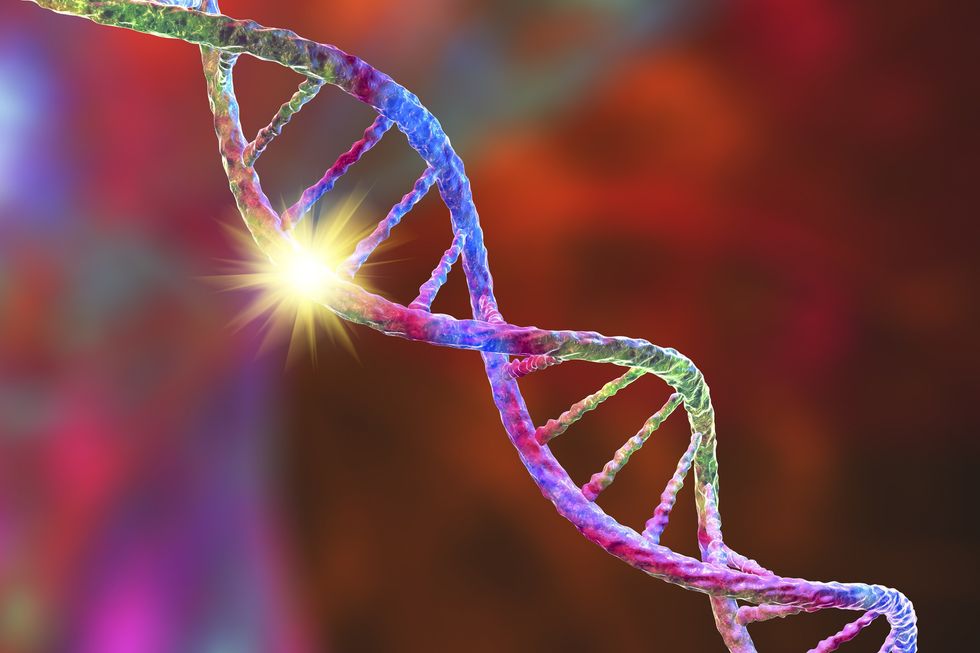Wes Streeting says 'pouring' money into hospitals isn't going to fix the NHS crisis
GB News
The therapy uses cutting-edge gene-editing technology to modify patients' own stem cells, potentially freeing them from the debilitating effects of the blood disorder
Don't Miss
Most Read
Trending on GB News
A groundbreaking £1.65million gene therapy treatment offering hope for sickle cell disease patients has been approved for use on the NHS in England.
The one-time treatment, called Casgevy (exa-cel), has shown remarkable success in clinical trials, achieving a functional cure in 96.6 per cent of participants.
The therapy uses cutting-edge gene-editing technology to modify patients' own stem cells, potentially freeing them from the debilitating effects of the blood disorder.
About 50 patients per year in England are expected to receive the treatment, focusing on those with severe forms of the condition.

The therapy uses cutting-edge gene-editing technology to modify patients' own stem cells (stock pic)
Getty
The therapy will be available to patients aged 12 and over who experience recurrent sickle cell crises and cannot find a matched donor for stem cell transplants.
NHS England has reached a confidential agreement with manufacturer Vertex regarding the cost of the treatment.
Sickle cell disease affects around 15,000 people in England, primarily those of Black African and Black Caribbean heritage.
The condition occurs when a genetic change causes the production of faulty haemoglobin, a key protein in red blood cells.
This causes red blood cells to become sickle-shaped, stiff and sticky, rather than smooth and flexible.
These abnormal cells can block blood vessels, causing intense pain and putting patients at risk of organ damage, stroke and heart failure.
LATEST DEVELOPMENTS:

Scientists then use a gene-editing tool called Crispr in the laboratory to target specific genes (stock pic)
Getty
The treatment involves multiple steps, beginning with the removal of blood stem cells from the patient's bone marrow.
Scientists then use a gene-editing tool called Crispr in the laboratory to target specific genes.
Rather than fixing faulty genes directly, Casgevy works by modifying the switch that controls foetal haemoglobin production, which is unaffected by sickle cell disease.
Patients undergo chemotherapy before receiving their modified stem cells back, which then produce healthy red blood cells.
Prof Bola Owolabi of NHS England called the approval "a monumental step forward", adding that the treatment "holds a very real prospect of a cure".
John James, chief executive of the Sickle Cell Society, said: "We are absolutely thrilled to see this groundbreaking gene therapy treatment available on the NHS. The significance of this milestone for the sickle cell community cannot be understated."
He added that while the news would "give hope to many", not everyone with sickle cell would be eligible for the treatment.
Asiawu Imam, a 26-year-old London nurse who lives with sickle cell disorder, described the pain of the condition.
"It feels like a stabbing pain, like someone is stabbing you from the inside outwards. It can last anything from half an hour to four days. It is excruciating," she said.
For Imam, who experienced hospital admissions three to four times yearly, the NHS approval represents hope that patients with the condition are being taken seriously.
"This is going to be a life-changing moment for many of my patients," she added.
The treatment will be available at specialist centres in London, Manchester and Birmingham.








